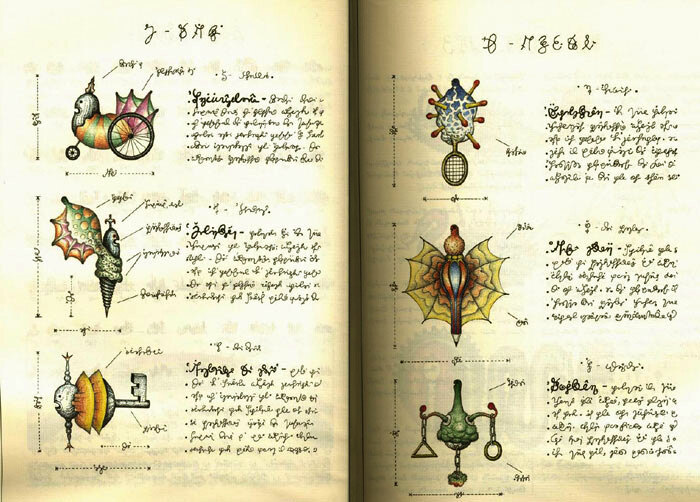Unisig – Uniform signature
Unisig is a uniform signature scheme for binary file formats and network protocols.
A signature (aka magic number) is a series of constant bytes at the beginning of data that identifies its format.
Discoverable
- Tools can find the signature at a known location
- Signatures are human-readable web links
Resilient
- Clearly differentiates binary data from text
- Detects typical file transfer errors
Decentralized
- URI as an extensible naming scheme
- DNS avoids a separate central registry
- Timestamps avoid domain ownership disputes
- UUID as a stealthy alternative to URI
Standards-based
- ASCII, Unicode
- UUID
- URI, URL
- DNS, HTTP, HTML
- ISO 8601, RFC 3339
Resources
- Specification at GitHub
- Library code at GitHub
Make your own
Generate a signature for your new file format or network protocol.
